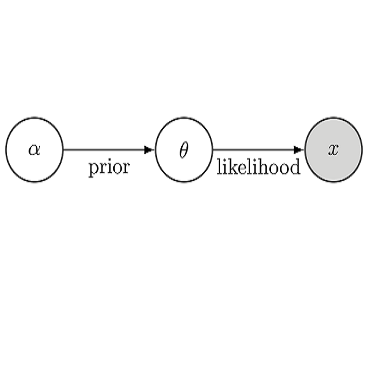Bayesian models of behavior have provided computational level explanations in a range of psychophysical tasks. One fundamental experimental paradigm is the production or reproduction task, in which subjects are instructed to generate an action that either reproduces a previously sensed stimulus magnitude or achieves a target response. This type of task therefore distinguishes itself from other psychophysical tasks in that the responses are on a continuum and effort plays an important role with increasing response magnitude. Based on Bayesian decision theory we present an inference method to recover perceptual uncertainty, response variability, and the cost function underlying human responses. Crucially, the cost function is parameterized such that effort is explicitly included. We present a hybrid inference method employing MCMC sampling utilizing appropriate proposal distributions and an inner loop utilizing amortized inference with a neural network that approximates the mode of the optimal response distribution. We show how this model can be utilized to avoid unidentifiability of experimental designs and that parameters can be recovered through validation on synthetic and application to experimental data. Our approach will enable behavioral scientists to perform Bayesian inference of decision making parameters in production and reproduction tasks.
翻译:一种基本的实验范式是生产或复制任务,指示对象要产生一种可复制先前感知的刺激规模或达到目标反应的行动。因此,这种任务与其他心理物理任务有区别,因为反应是连续的,而且努力具有越来越强烈的反应规模。根据贝叶斯决定理论,我们提出了一个推断方法,以恢复感知不确定性、反应变异性以及人类反应所基于的成本函数。关键是,成本函数是明确包括这种努力的参数。我们提出一种混合推论方法,采用MCMCC取样方法,利用适当的建议分布和内环,利用与接近最佳反应分布模式的神经网络的分解。我们表明如何利用这一模型来避免实验设计无法辨别,并通过对实验数据的合成和应用来恢复参数。我们的方法将使行为科学家能够在生产和复制任务中推断决定参数。




